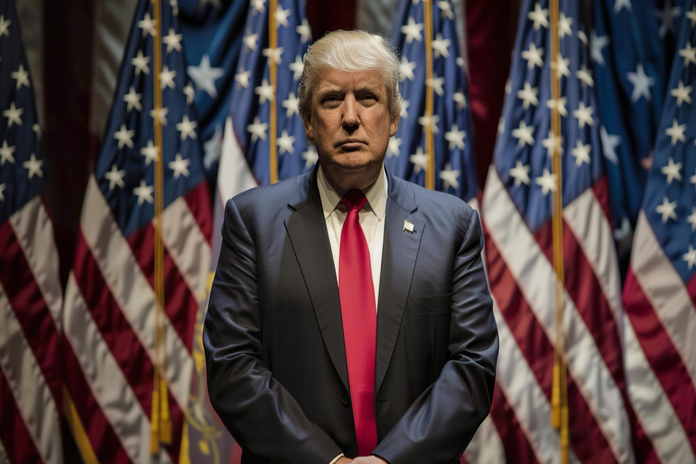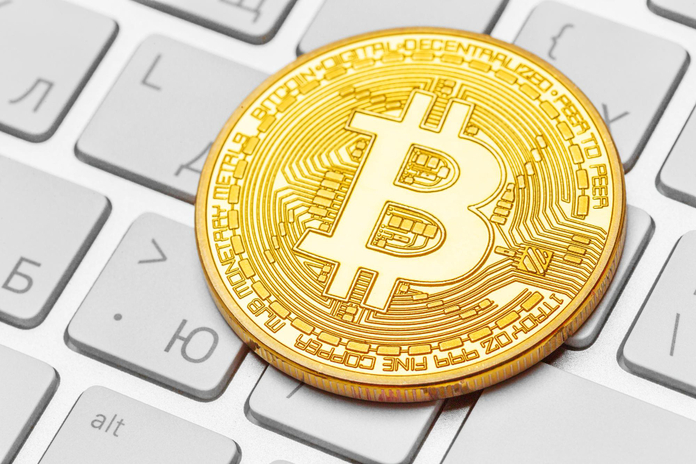Sony Ventures into Crypto Exchange Market
This post was originally published on this site

In a surprising move, Sony Group (NYSE:SONY) has announced its entry into the cryptocurrency trading business. Known for its dominance in electronics, gaming consoles, movies, and music, Sony’s pivot to cryptocurrency trading raises questions about the motivations behind this strategic shift and its potential impact on the broader crypto sector.
Revamping Whalefin Exchange
Sony plans to overhaul the “Whalefin” exchange acquired through its subsidiary S.BLOX, formerly Amber Group. This update will include a redesigned dashboard, a new app, and an expanded roster of crypto assets. The key question remains whether this move is driven by potential profits or a push toward innovative technology to outpace competitors.
Localized Launch Strategy
According to Ryan Lee, Chief Analyst at Bitget Research, “Sony is likely to launch a Japanese futures exchange, which will not compete directly with global crypto exchanges for now. Its competitors may be strong Japanese local exchanges such as Bitbank, Bitflyer, and Coincheck.” This localized approach suggests that Sony is initially taking cautious steps into the crypto space, likely to gain a foothold before considering global expansion.
Big Brands in Crypto
Sony’s entry into the crypto market brings significant brand recognition and legitimacy, potentially driving broader adoption and interest in cryptocurrency and blockchain technology. This move mirrors similar initiatives by other major brands like JPMorgan (NYSE:JPM), Facebook, Adidas, and Starbucks (NASDAQ:SBUX), which have all ventured into the Web3 space.
However, there is a distinction between these traditional companies and crypto-native firms like Coinbase (NASDAQ:COIN) and Crypto.com, which have built their entire business models around blockchain technology. Traditional companies entering the space might face steeper learning curves and cultural adjustments as they adapt to the decentralized nature of the crypto world.
Strategic and Long-Term Vision
Lee suggests that Sony’s approach appears to be more strategic and long-term oriented rather than a quick cash grab. “Sony Group is actively deploying Web3 fields such as cryptocurrency exchanges and NFT platforms through acquisitions and joint ventures. This business expansion is not abrupt.” This indicates that Sony is not merely chasing profits but is making a calculated entry into a technology it believes will be significant in the future.
Sony’s broader Web3 strategy, which includes initiatives in gaming, music, and entertainment, demonstrates the company’s belief in the potential applications of blockchain technology across its diverse business portfolio.
Technological Interest and Profit Potential
While technology is a driving factor, the profit potential cannot be ignored. Despite the volatility, the cryptocurrency market has shown tremendous growth potential. For a company of Sony’s size, even a small slice of this market could represent significant revenue.
Sony’s entrance into the crypto market now positions it well to be at the forefront of future developments in digital finance and next-generation technologies. This forward-thinking approach could provide Sony with a competitive edge as these technologies become more integrated into business operations and everyday life.
Challenges for Non-Crypto-Native Companies
The key challenge for Sony will be adapting to the unique demands of the crypto space. Crypto-native companies have weathered volatile markets and regulatory uncertainties that come with Web3. Traditional companies may face a steeper learning curve and potential cultural clashes as they navigate the fast-paced, decentralized crypto world.
Conclusion
Sony’s venture into the crypto exchange market appears to be driven by both technological interest and financial opportunity. The company’s broader Web3 strategy and measured market entry suggest a belief in the transformative potential of blockchain technology.
Moving forward, the success of Sony and other traditional companies in the crypto space will depend on their ability to adapt to the unique challenges and opportunities presented by this new frontier. Their success or failure could significantly impact the future of both the cryptocurrency industry and traditional finance.
Featured Image: Freepik










